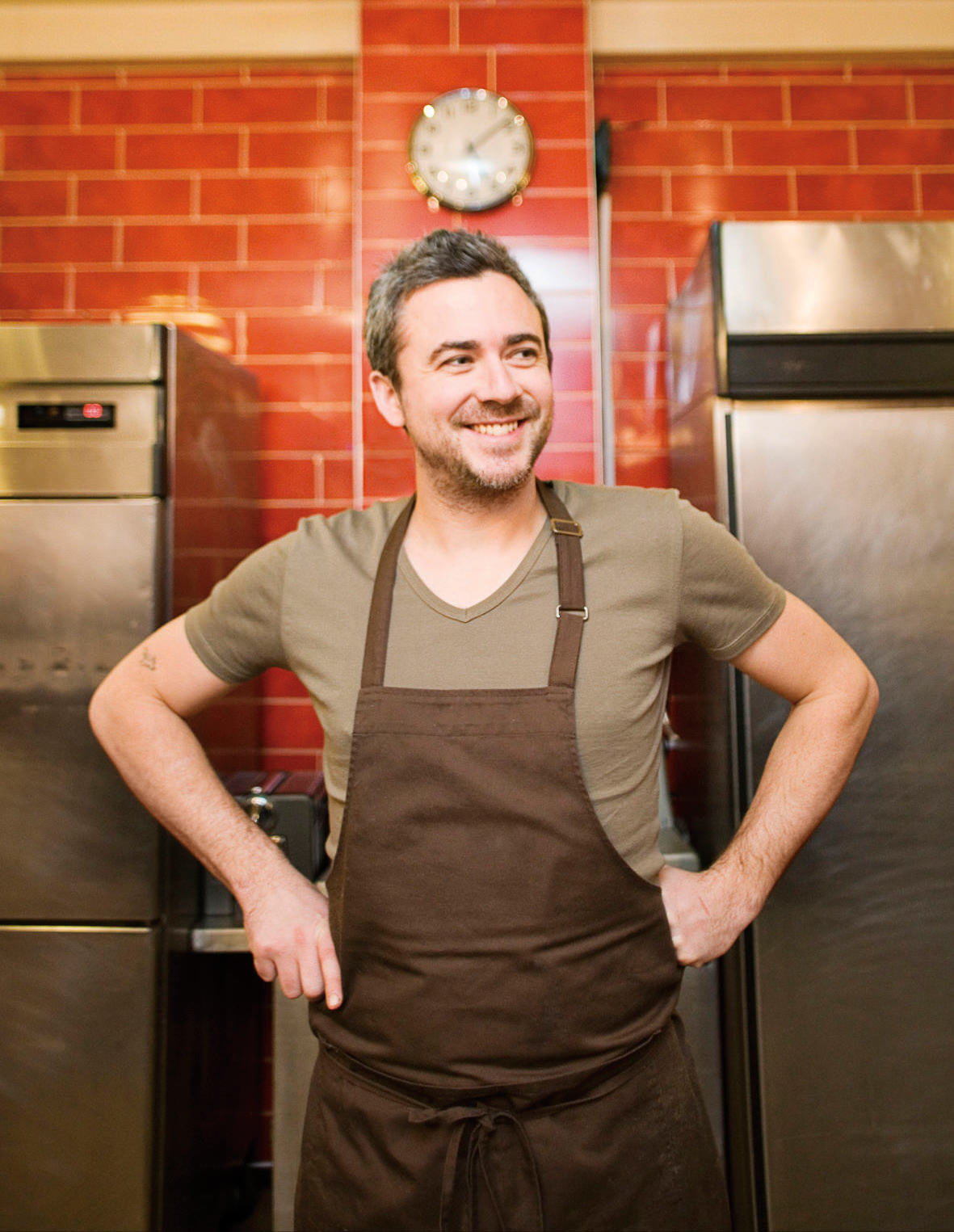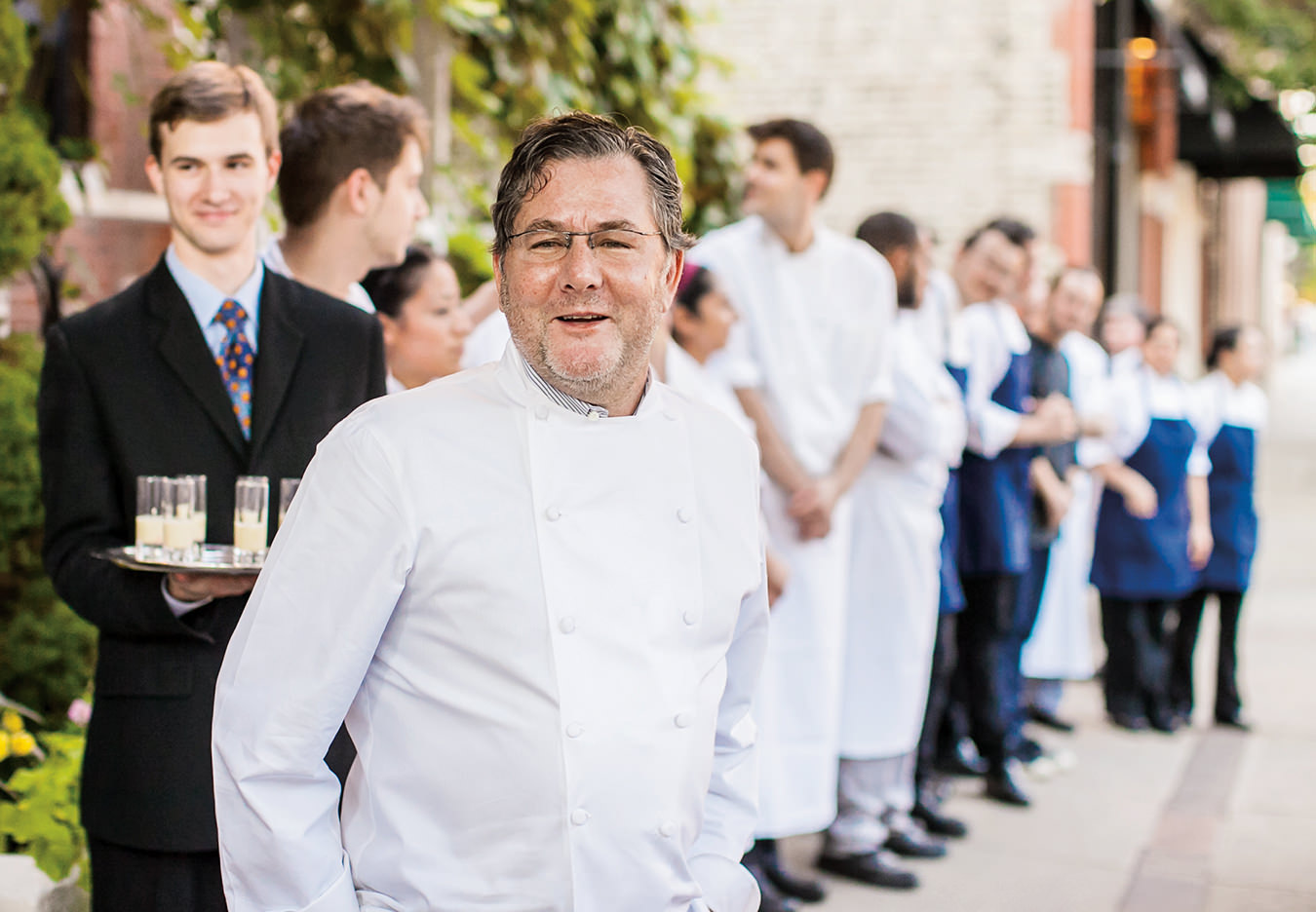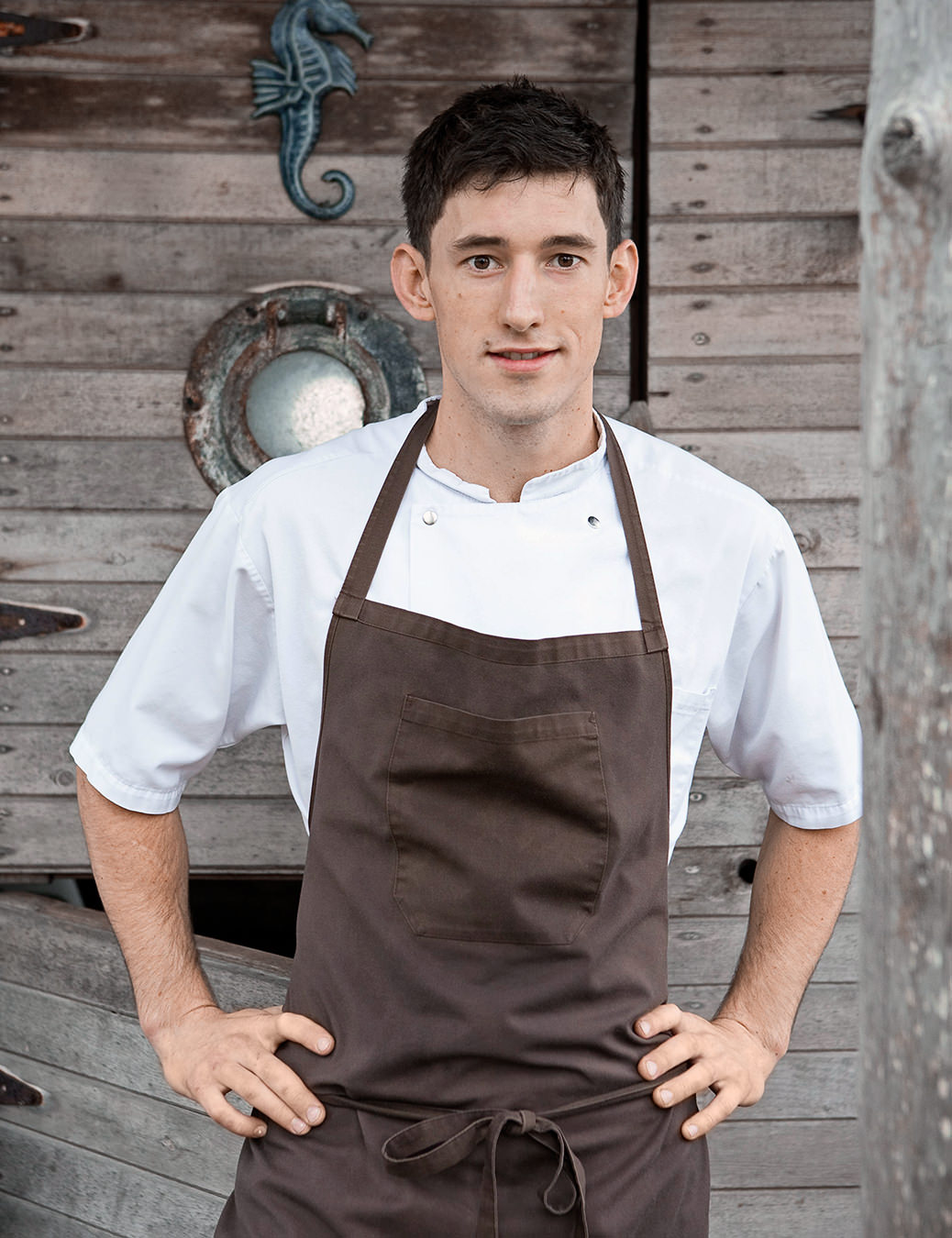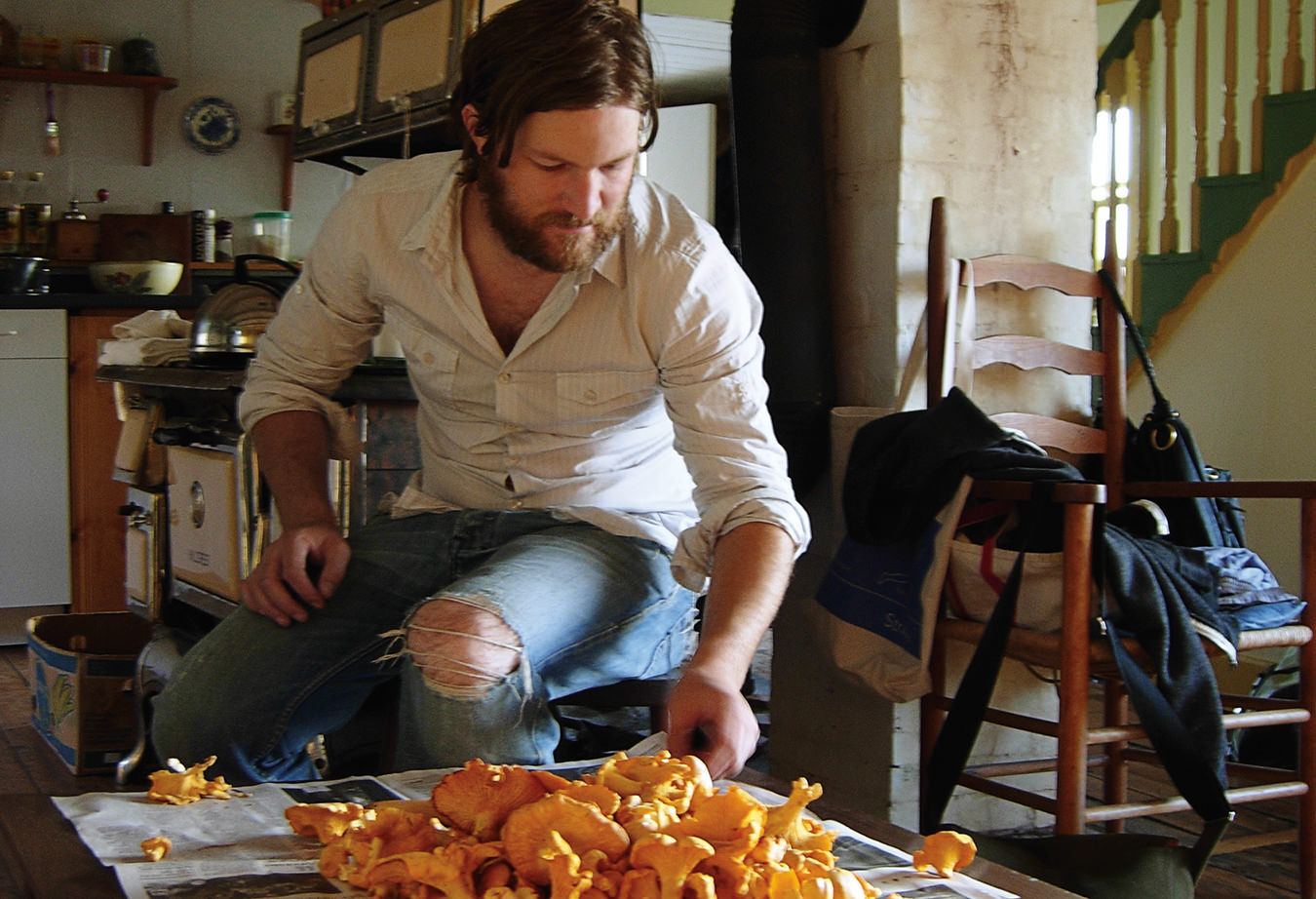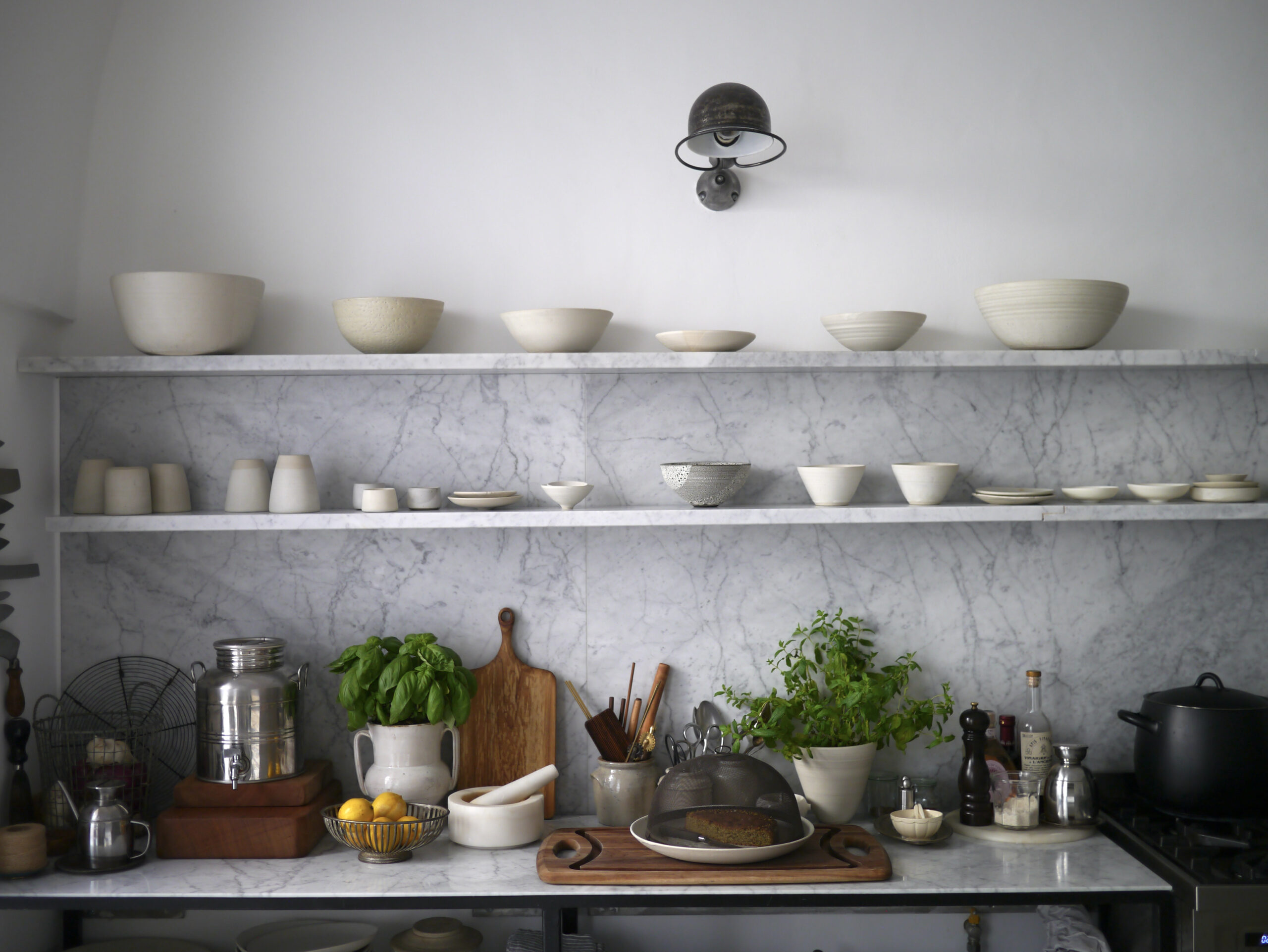
Julie Marr Invites Everyone to Her Table in Puglia
Pull Up a Chair.
In Julie Marr’s home in Puglia that she shares with her husband, Francesco Creanza, there is an oval marble-top table that serves as much more than a place to sit and eat. This table under a dome-vaulted ceiling in the southern town of Oria has become a destination for visitors from the four corners of the globe to share in the joy of a revered Italian ritual: mealtime. Eating and drinking are not just pastimes for Italians, they are ingrained in every part of the day. It’s a way of life.
Few countries create such a lasting impression as Italy. Spend any time in the country, and certain questions arise in the glorious life-affirming surroundings—careers, future plans, and responsibilities slip rather alarmingly to the back of our minds, replaced with schemes for how to achieve la dolce vita full time. Such was the case for Marr, an adventurous Canadian who in her late 40s started a new chapter of life. Moving from Vancouver to Puglia, she created the cooking studio Everyone At the Table, E.A.T. for short, hosting a series of in-depth cooking workshops that explore the food culture of Southern Italy.
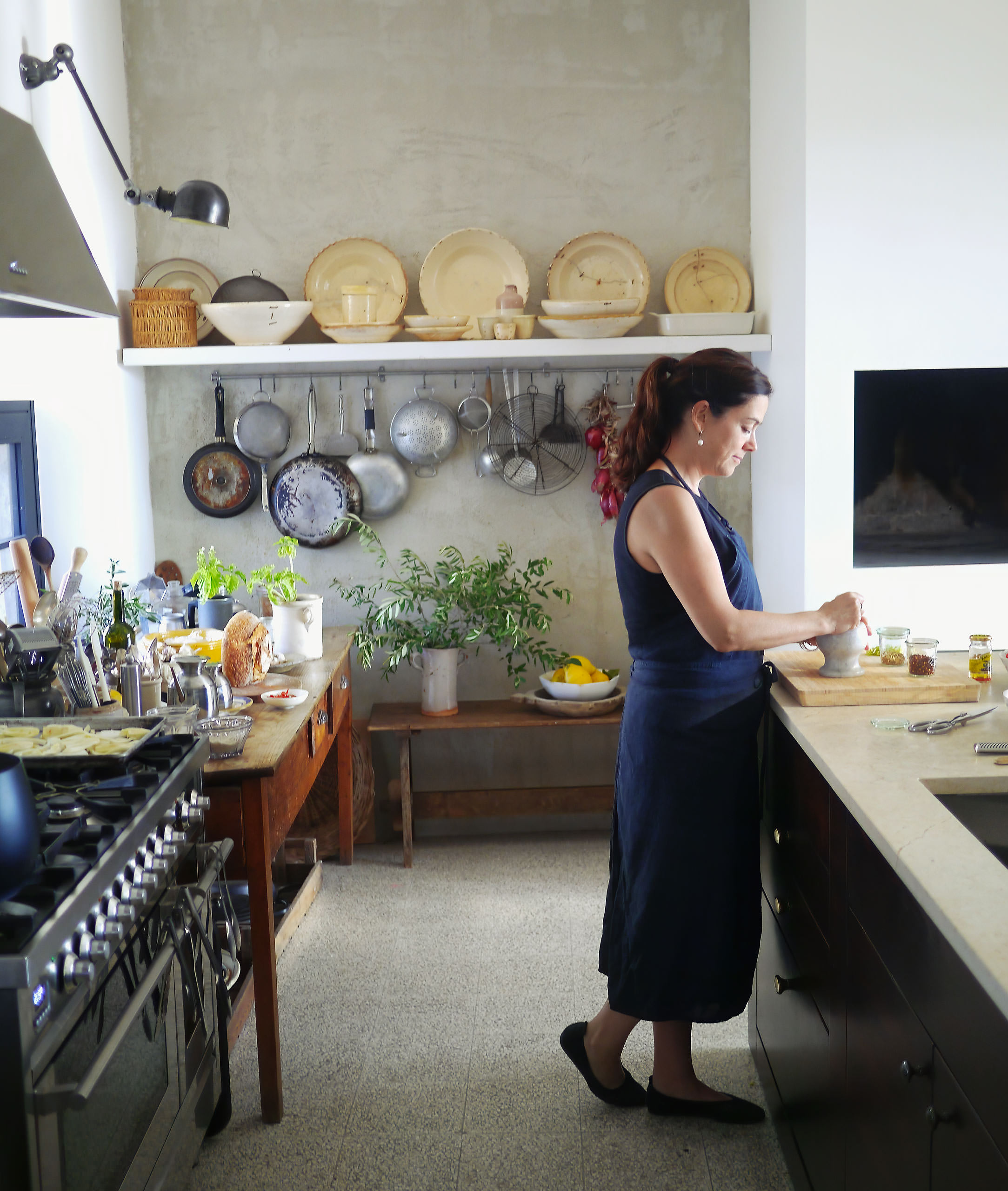
Julie Marr moved from Vancouver to Puglia and created the cooking studio Everyone At the Table, E.A.T. for short, hosting a series of in-depth cooking workshops with her husband, Francesco Creanza, that explore the food culture of Southern Italy.
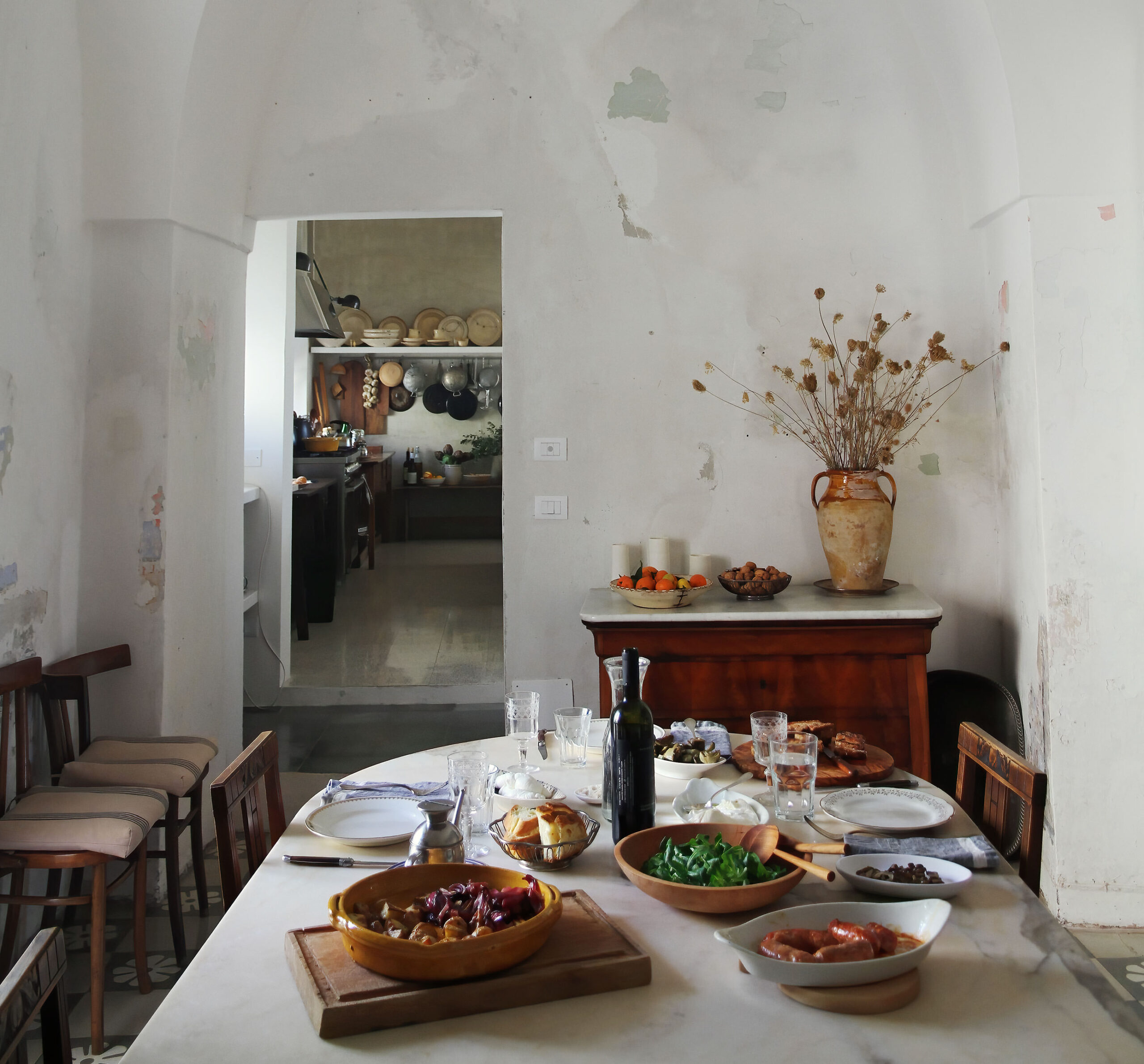
Sharing time, food, and stories around a table where everyone is welcome is the E.A.T. ethos.
“I came to cooking quite late,” Marr confesses, graduating from Dubrulle Culinary Institute at 29 and then working at Vancouver’s Lumière restaurant during its heyday. “After one year of working in a professional kitchen, I realized it wasn’t for me,” she says, but the love for cooking was. At the time, Marr was married to a film executive, hosting dinner parties for the actors and producers perpetually in Hollywood North. “On one occasion a friend said, ‘Everyone ends up sitting around the kitchen island, and you with a napkin in hand jot down recipes. Would you consider doing a cooking class?’ ” One class turned into many, with Marr instructing on the tenets of French food in which she was formally trained.
During the summers, Marr hosted culinary tourism workshops in Paris, and in 2014 she volunteered to be part of an art restoration workshop run by Messors, flying to Bari before hopping on a bus to Matera. “The bus didn’t actually take me to the bus station, which you would expect,” she recalls. “It’s 2 o’clock in the afternoon, and it dropped me off on the side of the road. Everything is closed [being siesta time]. It’s 40 degrees, and I’ve got this huge suitcase that has all my cooking gear—sheet pans and knives and pots—and here I am, this 44-year-old sitting under the shade of a tree.” Marr waited for over an hour before a car pulled up. The driver got out and asked in broken English, “Are you Julie?”
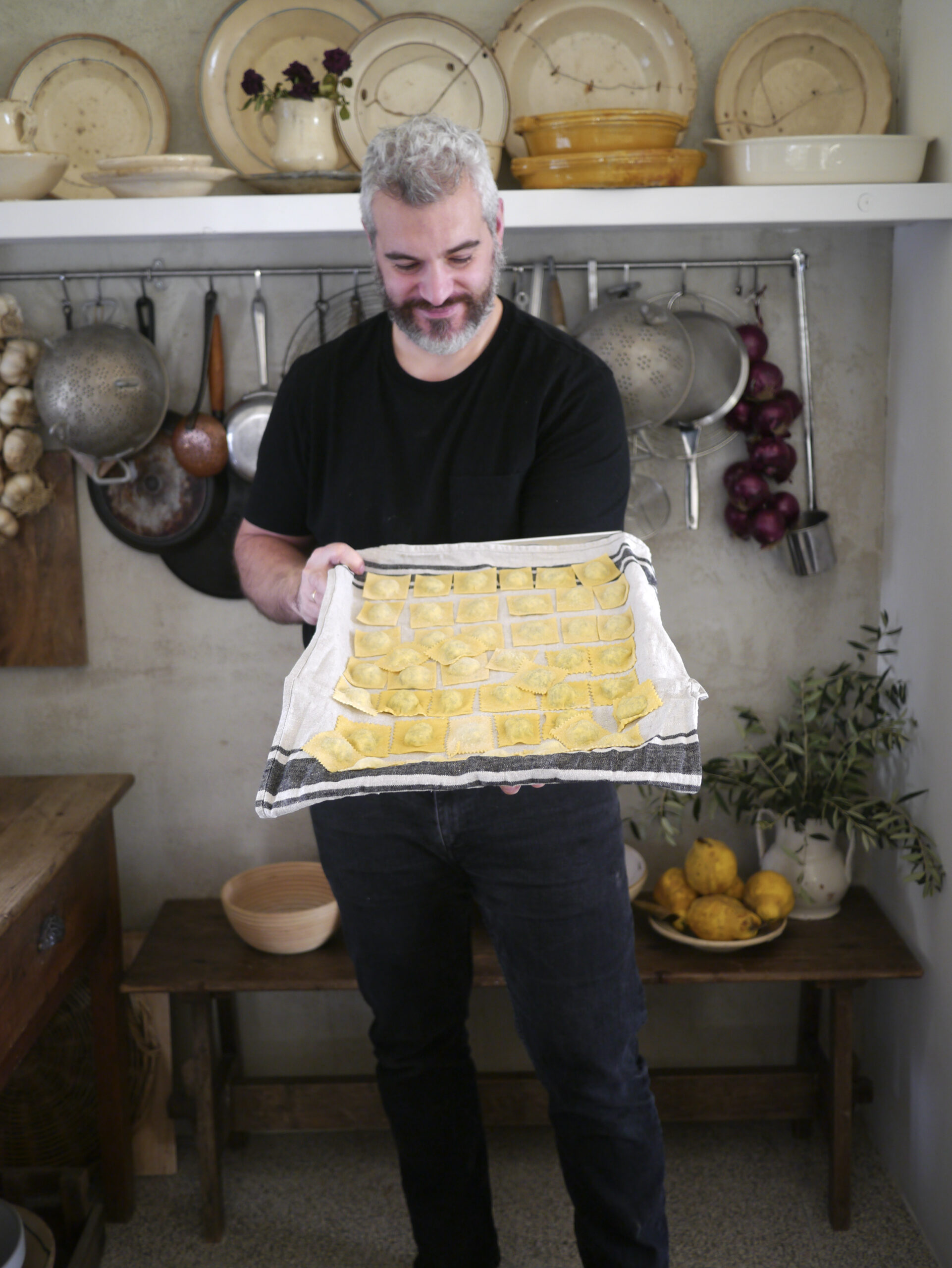
Francesco Creanza, Julie Marr’s husband.
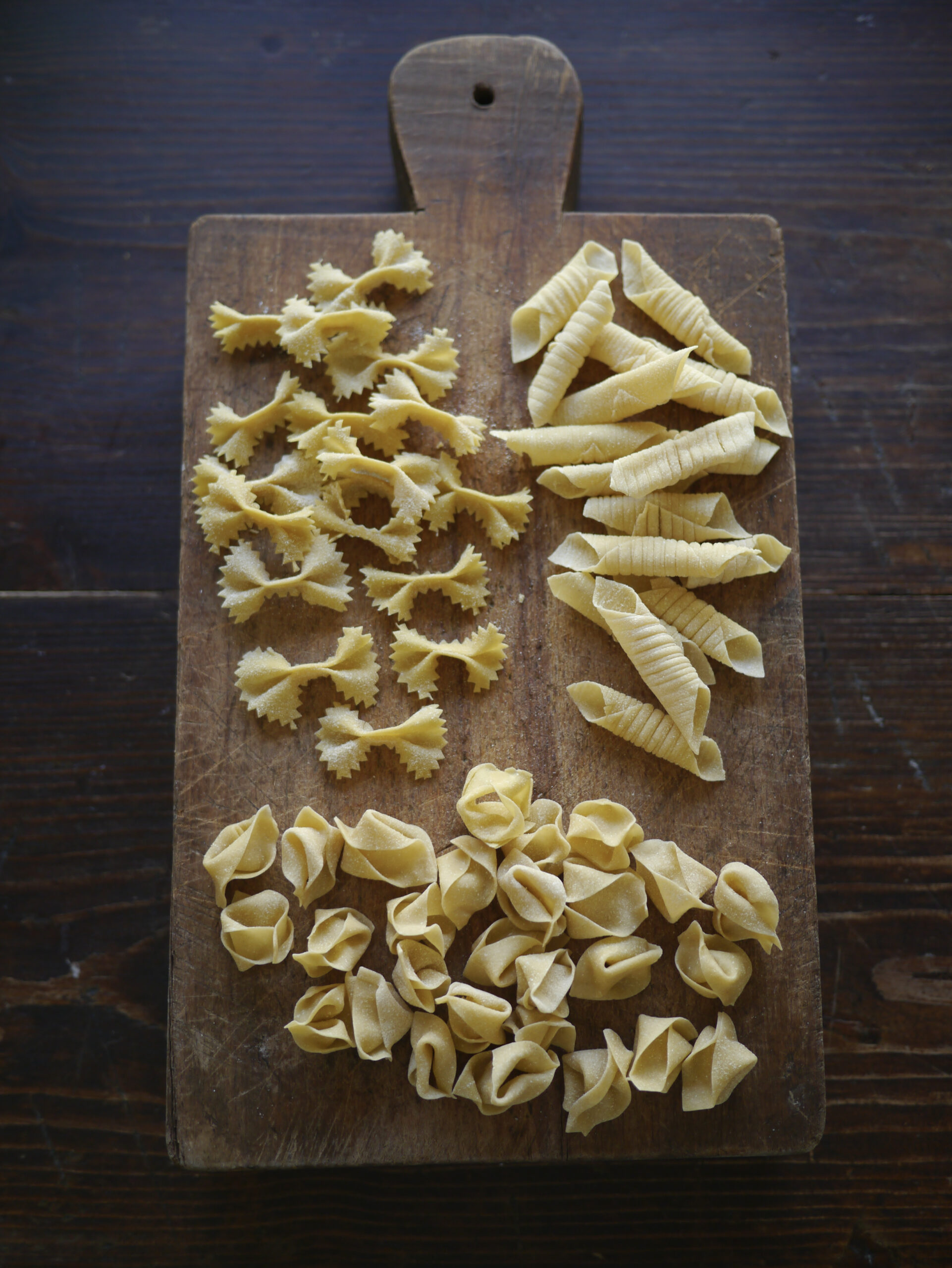
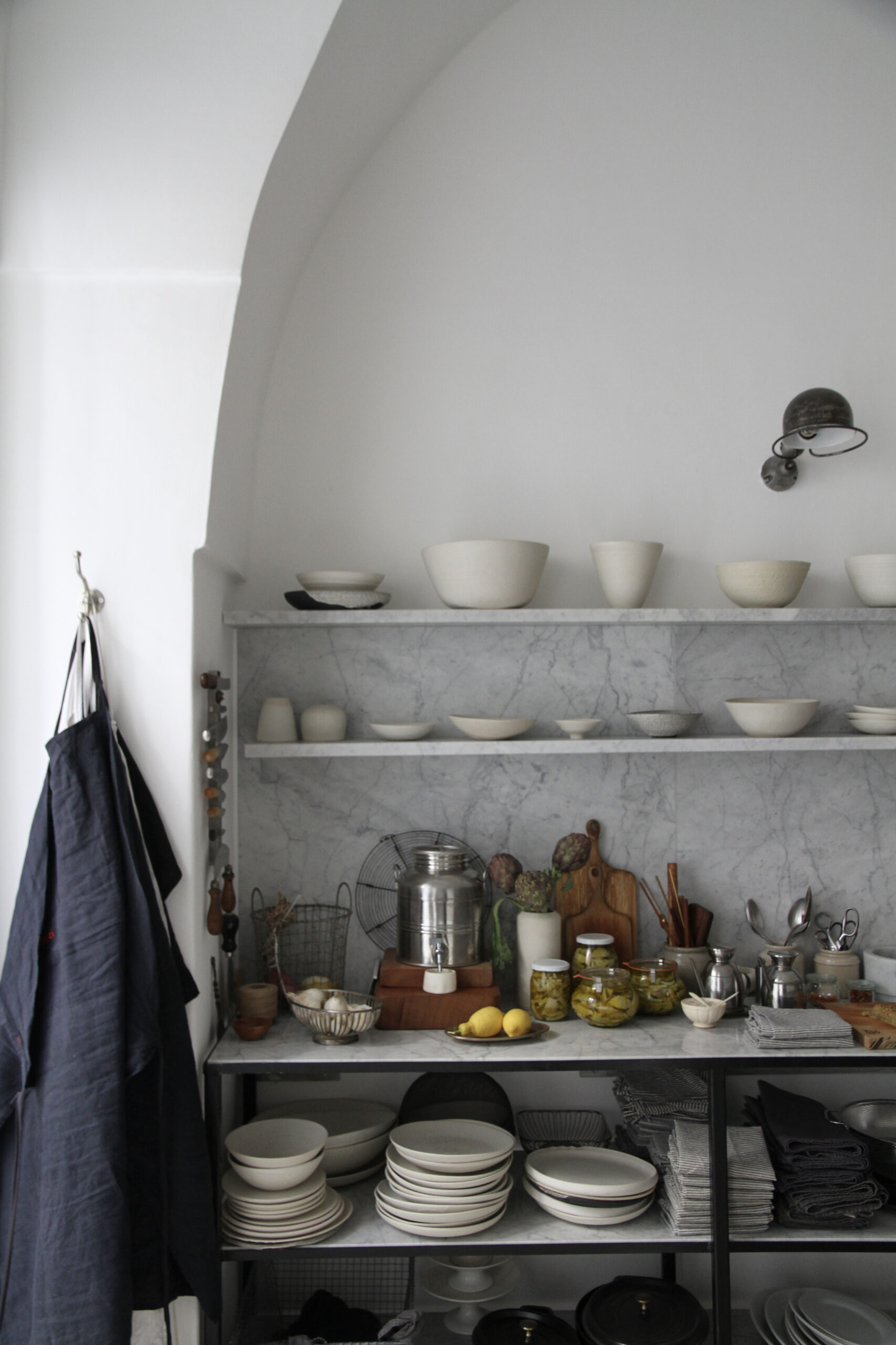
That’s how Julie met Francesco, a fateful encounter that led to forming their company Everyone At the Table in 2017. “E.A.T embodies our philosophy of sharing time, food, and stories around a table where everyone is welcome,” Marr says. For the first couple of years, workshops were in their home in Oria. As interest in E.A.T grew and a repertoire of workshops was added, the pair needed a larger space so purchased a place in Altamura to build a cooking school. That was January 2020. “We built a cooking studio not knowing, of course, that no one would be coming to it for two years.”
E.A.T. workshops—Preserving Puglia, Cooking Puglia, or Exploring Puglia—explore the food culture of Southern Italy, spending time with the food artisans and historians who are preserving not just recipes but a way of life. (Workshops range from single-day cooking classes to two-, three-, five-, or nine-day hands-on experiences.) And while much time is spent in the kitchen mastering the art of orecchiette pasta-making (only semolina and water), perfecting the tomato sauce, making cheese and taralli, getting the frittata just right, going to the market, and learning to make dolci like olive oil citrus cake and pistachio cake, it’s sharing in the life Marr and Creanza actually live that makes this experience so memorable. “I no longer wear fancy shoes for fancy dinner parties. I collect pottery with staples in it, and it’s kind of my dream,” she says. “So for those people that want to come to share that dream, Francesco and I are here.”
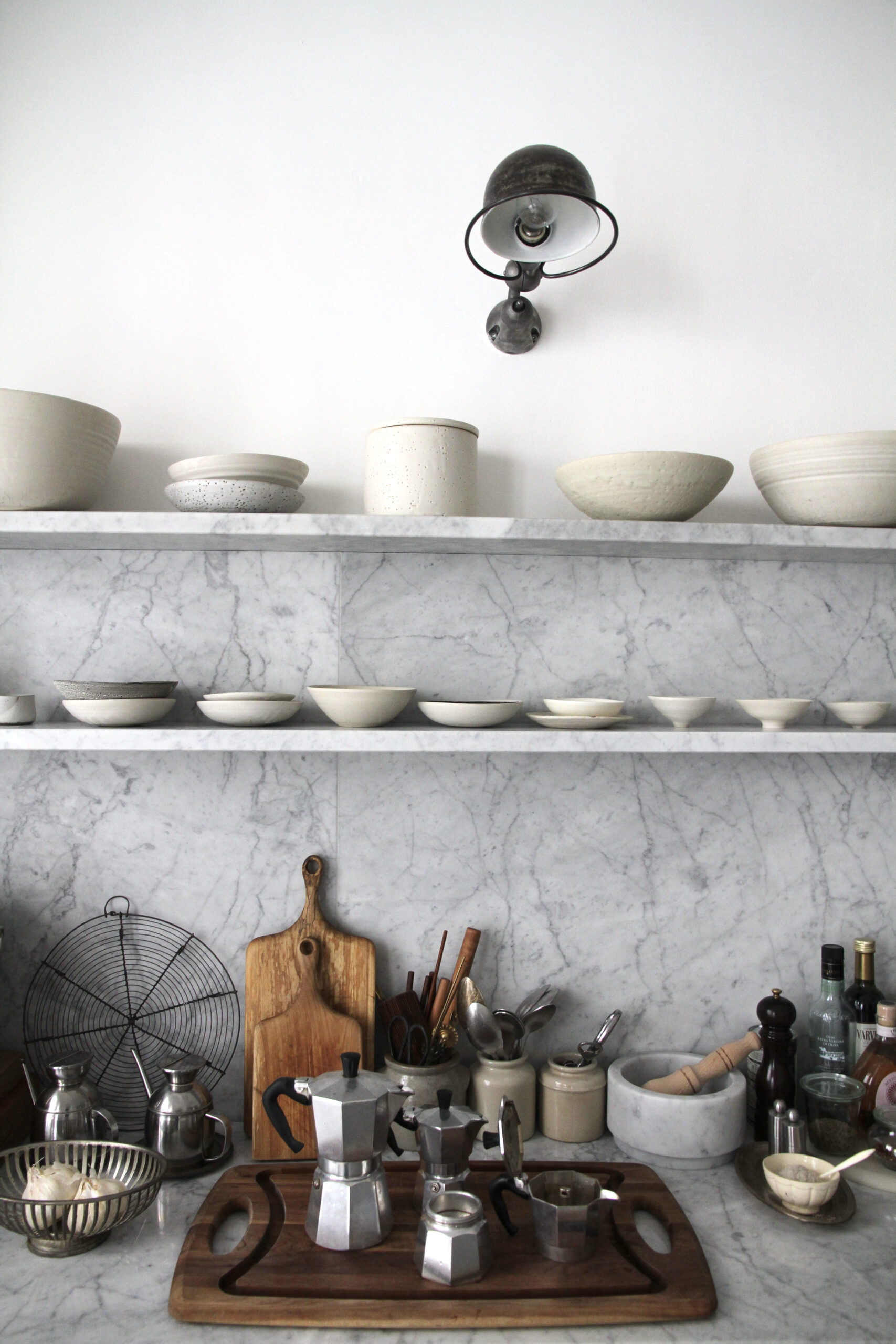
In her home kitchen, that vintage pottery is housed on a shelf that as a collection is like an art installation. Various pots and pans that undoubtedly have their own stories hang from a rod where braids of garlic and onions also reside, olive tree branches adorn ceramic pots, bowls are filled with lemons, artichokes are centrepieces. The mise en scène that is Marr’s kitchen is a study in scenography—so inviting that just being here, with the plaster perfect in its imperfection, feels like being in one’s own movie of real life. There is no pretence, no chefs in white hats and buttoned white coats. Rather, this is the place where “cooking is more than a recipe. It’s a way of sharing a language, a tradition, a culture,” Marr explains.
“People come to E.A.T. for different reasons,” Marr says of the wide-ranging group she and Creanza host. “Some people want to, you know, kill the chicken and skin the goat, and some people are wanting to sit and have a glass of wine, and some people want to sleep late. For the most part, people don’t want to miss out hanging out with 88-year-old Grazia, who has been making orecchiette since she was seven, four or five times a week.”
There is a preservation of customs in all of Italy but even more so in the south. Recipes are passed on from generation to generation to generation, and there are no shortcuts. “Many guests want to know the tricks to cook well,” Marr says. Point-blank: There are none. “How you get to cooking a recipe well is you cook it a thousand times. That’s what Italians do. They cook what their family loves, and they cook it the same way from the time they are 15 to the time they die. There’s no deviation in the recipe, and that’s why it tastes so good.”
While Marr still has ties to Vancouver, Puglia “is where I’m supposed to be,” she says. The place that feels like home in her heart, and where you are invited to pull up a chair and E.A.T. 
Photos by Julie Marr.

